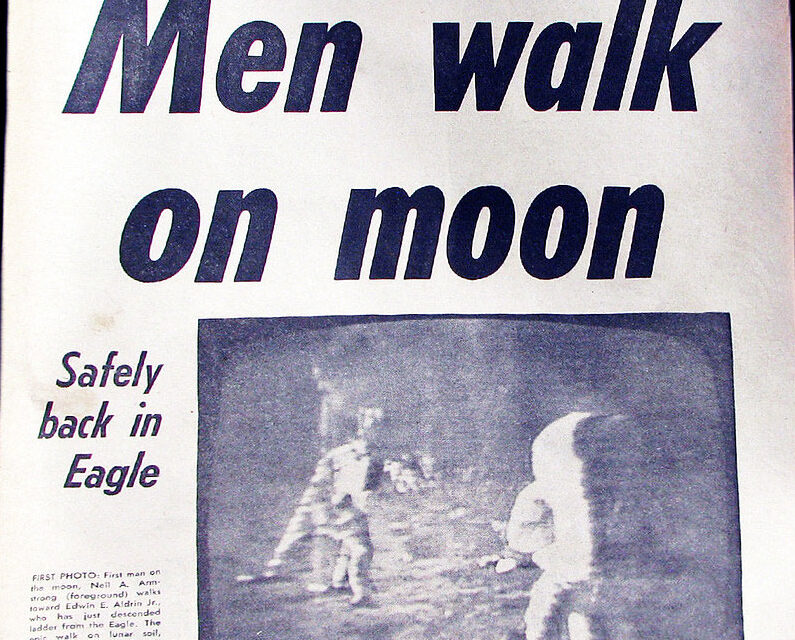CLEVELAND HISTORY
Euclid Beach Park Integration Protest (July 21, 1946): On this day, an interracial group of 20 individuals from organizations including the American Youth for Democracy and the National Negro Congress visited Euclid Beach Park to challenge its segregationist policies. They were evicted by park police, leading to subsequent picketing and protests that highlighted racial discrimination in public spaces.
Hough Riots Conclude (July 23, 1966): The Hough riots, which began on July 18, culminated on this date. The unrest, rooted in racial tension and socioeconomic disparities, resulted in four deaths, numerous injuries, and significant property damage. The events underscored the urgent need for civil rights reforms in Cleveland.
Glenville Shootout and Subsequent Riots (July 23–27, 1968): A violent confrontation between Cleveland police and members of the Black Nationalists of New Libya occurred in the Glenville neighborhood, leading to multiple deaths and injuries. The incident sparked days of rioting, prompting the deployment of the National Guard and highlighting deep-seated racial tensions in the city.
Cleveland Indians and New York Yankees Set Doubles Record (July 21, 1921): In a game at Dunn Field, the Cleveland Indians and New York Yankees combined for a record 16 doubles, with the Indians winning 17–8. This offensive display remains a notable moment in baseball history.
Geauga Lake Park Ownership Change (July 27, 1944): Following the death of William J. Kuhlman, management of Geauga Lake Park, a popular amusement destination near Cleveland, transitioned to his niece, Viola Schryer. Under her leadership, the park continued to be a significant recreational site for the region.
WORLD HISTORY
Neil Armstrong Walks on the Moon (July 21, 1969): At 02:56 UTC on July 21, 1969, American astronaut Neil Armstrong became the first human to set foot on the Moon during NASA’s Apollo 11 mission. His iconic words, “That’s one small step for man, one giant leap for mankind,” were broadcast to millions worldwide.
Wiley Post Completes First Solo Flight Around the World (July 22, 1933): American aviator Wiley Post landed at Floyd Bennett Field in New York after completing the first solo flight around the world. He covered approximately 15,596 miles in 7 days, 18 hours, and 49 minutes, demonstrating significant advancements in aviation technology.
Egyptian Revolution Begins (July 23, 1952): A group of military officers known as the Free Officers Movement, led by Mohamed Naguib and Gamal Abdel Nasser, initiated a coup d’état that led to the abdication of King Farouk. This revolution marked the end of the monarchy and the beginning of modern governance in Egypt.
Hiram Bingham Discovers Machu Picchu (July 24, 1911): American historian and explorer Hiram Bingham reached the ruins of Machu Picchu in Peru. Guided by local residents, his discovery brought international attention to the Incan citadel, which had been largely unknown to the outside world.
Louise Brown, First Test-Tube Baby, Born (July 25, 1978): Louise Joy Brown was born in Oldham, England, becoming the world’s first baby conceived through in vitro fertilization (IVF). Her birth marked a significant milestone in reproductive medicine, offering new possibilities for individuals facing infertility.






